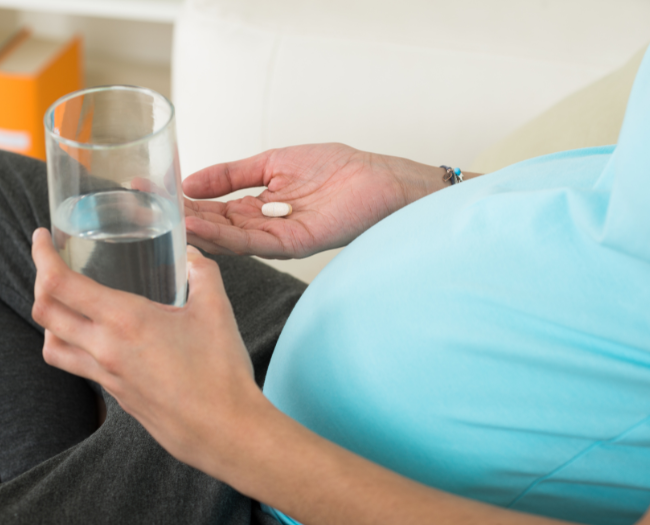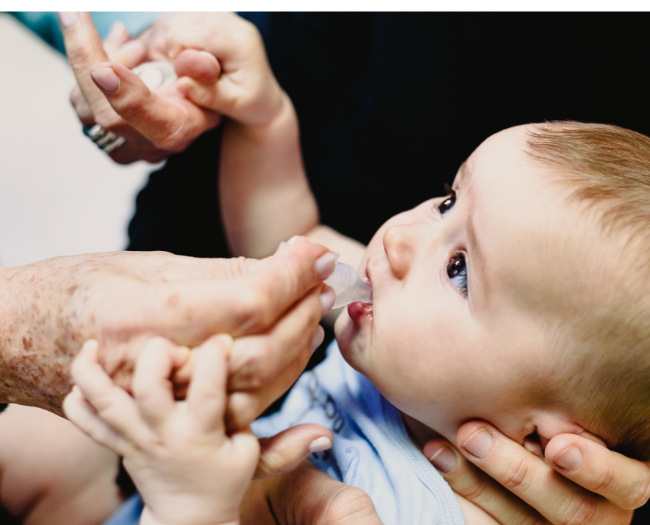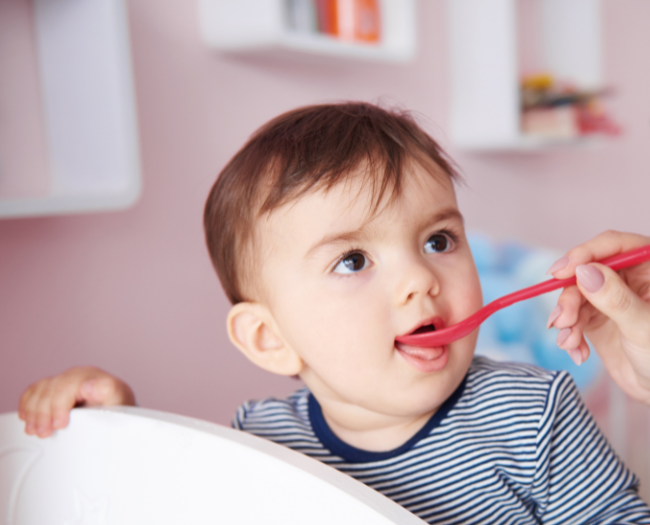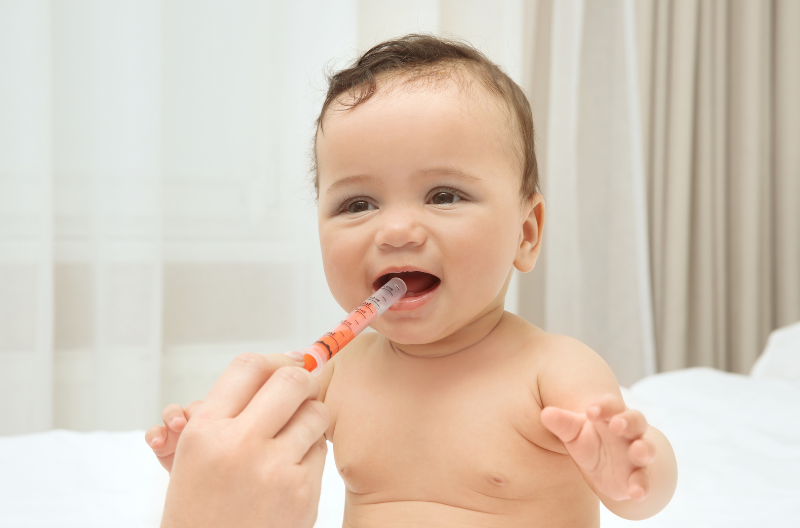The production of hemoglobin, the enzyme that delivers oxygen to other tissues in red blood cells, requires iron throughout pregnancy. Iron is even more crucial during pregnancy since your blood volume almost doubles. Women who are pregnant need 27 mg of iron each day. You should try to get adequate iron via iron-rich meals or baby iron supplements since low iron in pregnancy might result in anemia.
Additionally, you need at least 27 mg of iron per day, but you should strive to consume no more than 45 mg daily when pregnant or nursing. Make sure to follow your doctor’s recommendations for iron supplements. Nausea, diarrhea, and vomiting are some of the adverse baby iron supplement side effects.
Can iron supplements hurt my baby

Limit your daily iron intake to 45 mg. If you consume more than that (whether from your pregnancy vitamin or an additional iron supplementation), the blood level of iron may climb too high, leading to issues for you and your unborn child. Make sure to follow your doctor’s recommendations for iron supplements. Constipation, diarrhea, and nausea are possible baby iron supplement side effects.
For instance, some research suggests that consuming too much iron may raise the risk of hypertension and diabetes mellitus. Only use iron supplements while pregnant if your healthcare practitioner is watching to prevent issues.
Non-anemic pregnant women may be harmed by iron supplements. High iron levels have been linked to low birth weight, preterm birth, and maternal hypertension.
Is an iron supplement necessary for babies

Iron is required for a fetus to develop and grow normally, and dietary iron alone cannot satisfy the body’s physiological needs for iron in the second part of pregnancy. Prenatal baby iron supplementation reliably raises hemoglobin and serum ferritin levels while lowering the incidence of iron deficiency anemia.
Babies with an iron shortage (iron deficiency) would be less energetic and mature more gradually. They could also exhibit the following signs:
- gradual weight increase
- irritability
- light skin
- no appetite
A lack of iron may impact older kids’ academic performance. Iron deficient children may find it challenging to focus and may feel exhausted and weak.
Can babies get too much iron

A baby might obtain too much iron even though iron deficiency is more frequent in infancy, especially if getting supplements or if there is a known hereditary disorder in the family. Toxic effects and even death might result from excessive dosages.
The iron that full-term infants are born with originates from their mother’s blood when they are still in the uterus. Breastfed infants will get all of their nutritional needs from their breast milk for the first six months. Nevertheless, your baby’s chance of iron deficiency rises if you leave it too late, beyond six months, to offer other meals. Employ a store-bought iron-fortified baby formula for the first 12 months if nursing is not possible. It must be a cow’s milk-based diet.
The amount of iron newborns need depends on their age after they begin eating solid meals. The daily need for iron for a kid is as follows:
- 7-12 months: 11 mg
- 1-3 years old: 7 mg
- 4-8 years old: 10 mg
- 9-13 years old: 8 mg
Side effects of iron in babies

Baby iron supplements can cause stomach distress, irregular feces, and constipation. Even though they’re best absorbed before a meal, taking them thereafter may help if your child has iron supplement adverse effects. Never give your child iron supplements without consulting a doctor. Too much iron might create health problems.
According to the National Institutes of Health, between 1983 and 1991, unintentional poisoning fatalities among children in the United States were virtually always brought on by iron supplements.
An excess of iron may show up in specific ways.
- violent vomiting
- diarrhea
- pale or blue nails and skin
- disability
If you believe your kid may have overdosed on iron, you should call poison control immediately. An iron overdose is a healthcare emergency. There is minimal proof that iron-fortified formula, cereals, or iron-rich meals harm newborns’ or toddlers’ digestive systems by causing constipation, for example.
The following are some common adverse side effects of newborn iron supplements:
- abdomen ache
- diarrhea
- constipation
- nausea
Following taking iron supplements for a few weeks, most kids start to feel normal again.
Breastfed infants often receive sufficient iron from their moms until they are between 4 and 6 months of age.
Conclusion
Because your body needs more iron to produce more blood for your developing kid, you require around twice as much iron during pregnancy as you did before becoming pregnant. However, only around 50% of expectant mothers receive enough of this crucial mineral. The doctor may advise taking additional iron supplements and eating foods high in iron to help maintain a healthy level of iron.
You should include foods high in iron in your child’s diet immediately. Along with many other vital vitamins and nutrients, diets like enriched cereals, lean protein, berries, and veggies are excellent sources of iron.
Is your child a kid and you don’t know what multivitamins with iron you should give them? Read the related blog: 10 Best Kids Multivitamin With Iron In 2022

